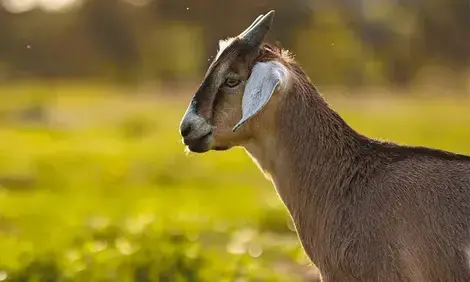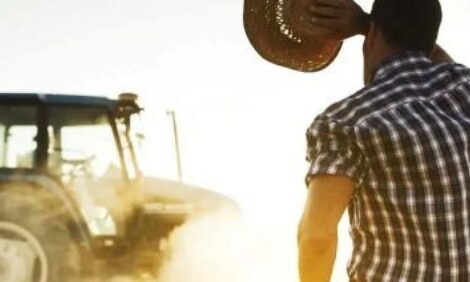



Dairy Calves are Natural Optimists or Pessimists, Just Like Us
Some calves are inherently optimistic or pessimistic, just as humans are, a new University of British Columbia study has found.Recognizing these individual personality differences is important to ensure animals are treated well, says Professor Marina von Keyserlingk, who led the research team from UBC's animal welfare program in the faculty of land and food systems.
"Sometimes we are tempted to see only the herd, even though this herd consists of different individuals who cope differently with stressful events," said Professor von Keyserlingk. "It's important to consider the individual's perspective, because even if conditions are good, on average, some animals may still suffer."
To gauge optimism and pessimism, the researchers set up an experiment involving 22 calves. Before they started the experiment, they trained the calves to understand which of their choices would lead to a reward.
In the training, each calf entered a small pen and found a wall with five holes arranged in a horizontal line, two-and-a-half feet apart. The hole at one end contained milk from a bottle, while the hole at the opposite end contained only an empty bottle and delivered a puff of air in calves' faces. The calves learned quickly which side of the pen held the milk reward.
Once calves were trained, researchers presented bottles in one of the three intermediate holes, so that calves couldn't be sure if they would be rewarded with milk. The researchers predicted that the most optimistic calves would approach the bottle even if it were positioned close to the location that earlier gave them an empty bottle and puff of air. In contrast, the most pessimistic calves would avoid approaching a bottle in the intermediate holes, even if it were close to the rewarded location.
The calves varied in their responses, but individual calves remained consistent in their outlook and made similar choices three weeks apart. Researchers concluded that pessimism was a consistent individual trait, not just the result of temporary moods or emotions.
The study also assessed fearfulness through standard personality tests that monitor how calves react to unfamiliar situations, such as the presence of a stranger or a foreign object. Fearfulness and pessimism turned out to be closely related.
"Calves that were more fearful were also more likely to view the glass as half empty," said Professor von Keyserlingk.
Research has shown that optimism and pessimism are also personality traits in humans, but little work has been done to investigate such personality differences in farm animals.
"The next step in our research will be to understand what type of rearing conditions help ensure that an individual animal has a good life," added Professor von Keyserlingk. "For example, more pessimistic calves may require different types of housing and management than we currently provide."
February 2018


